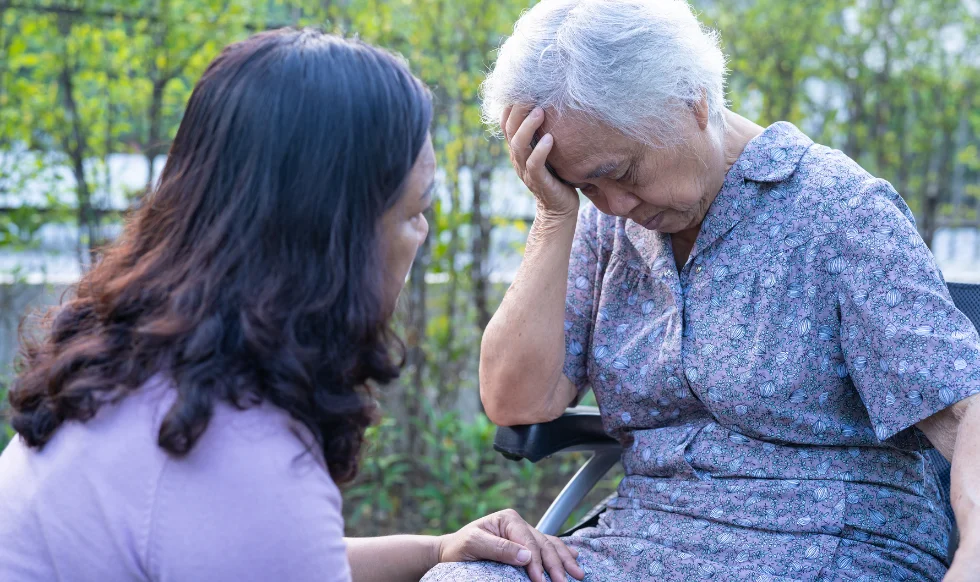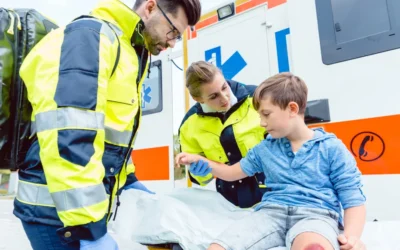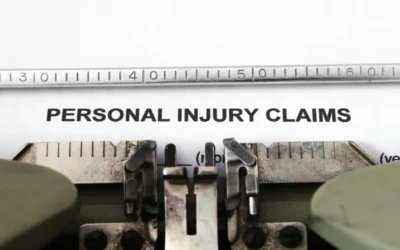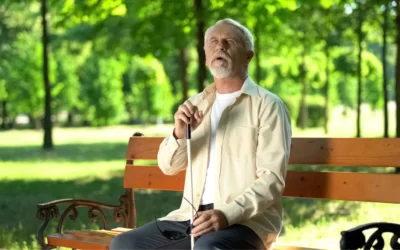If you’re reading this, someone you care about an elderly parent, grandparent, or neighbor may have just been in a car accident in Florida. Maybe you were with them. Maybe you got a call that changed your entire day. Either way, it’s normal to feel worried, unsure, or even panicked.
Older adults can face serious health risks after car crashes, even from accidents that seem “minor.” That’s why your calm, informed action now can make all the difference in their recovery.
This guide will walk you through what to do next clearly and compassionately so you don’t have to figure it out alone.
What to Do After a Crash Involving an Elderly Person
1. Stay Calm and Make Sure They’re Safe
- Gently check if they are conscious and breathing.
- Avoid moving them unless they’re in immediate danger.
- If they’re alert, help them stay calm by speaking slowly and reassuringly.
Note: Seniors may underreport pain due to shock, fear, or not wanting to “cause trouble.” Always assume medical attention is needed.
2. Call 911 Right Away
Tell the dispatcher:
- There’s been a car accident
- The injured person is elderly
- If they have known health conditions (e.g., heart issues, diabetes), share that
Emergency responders can prioritize care based on age and medical vulnerability.
3. Monitor for Subtle Signs of Injury
In older adults, even low-impact crashes can cause:
- Head trauma or brain bleeding
- Fractures (hips, ribs, wrists)
- Internal bleeding
- Sudden blood pressure changes
Stay alert for:
- Disorientation
- Slurred speech
- Unusual fatigue
- Sudden silence or withdrawal
Helpful Tip: Delayed symptoms are common. Always get them evaluated, even if there are no visible injuries.
4. Go to the Hospital or Urgent Care No Matter What
It’s critical to:
- Get diagnostic scans (X-rays, CTs)
- Monitor for hidden internal damage
- Establish a medical record for insurance and legal documentation
Even if EMS says they seem fine, request transport to a hospital for further checks.
5. Notify Close Family or Trusted Friends
If you’re not the person’s primary caregiver or legal decision-maker, contact someone who is. Medical and legal decisions may need to be made quickly.
6. Do Not Discuss Fault at the Scene or With Insurance Yet
After an accident, it’s common for insurance representatives to call and ask questions. Politely decline and say:
“We’re focusing on medical care right now. We’ll respond once we’ve spoken with an attorney.”
Let professionals help you navigate these conversations. It’s easy to say something that can be misinterpreted and affect a claim.
7. Reach Out to Professionals Who Understand Elderly Accident Cases
Car accidents involving seniors often require:
- Specialized medical attention
- Longer recovery periods
- Extra support for emotional distress or cognitive impact
- Legal experience to address unique needs and potential complications
Hurt Aid connects you with licensed Florida attorneys and qualified medical providers who are sensitive to the needs of older victims. We’re here to guide you, not pressure you.
Supporting an Elderly Loved One: Emotional and Practical Tips
- Stay nearby when possible. Familiar faces reduce anxiety.
- Take notes about medical updates and doctor recommendations.
- Ask about transportation for follow-up visits older adults may lose access to driving temporarily.
- Help with daily tasks like medications, meals, or paperwork.
You’re Doing a Difficult Thing with Care
Being there for someone after an accident, especially a senior, takes strength and patience. You’re already doing something right by looking for answers.
Support exists for every step: from medical evaluations to legal guidance and emotional healing. You don’t need to have all the answers today.
Get Connected
If your elderly loved one was in a car accident in Florida:
- Make sure they receive proper medical evaluation.
- Avoid discussing the accident with insurance companies.
- Contact Hurt Aid to get matched with trusted attorneys and healthcare providers.
We’re not a law firm or hospital, we’re a compassionate connector to the help you need.





